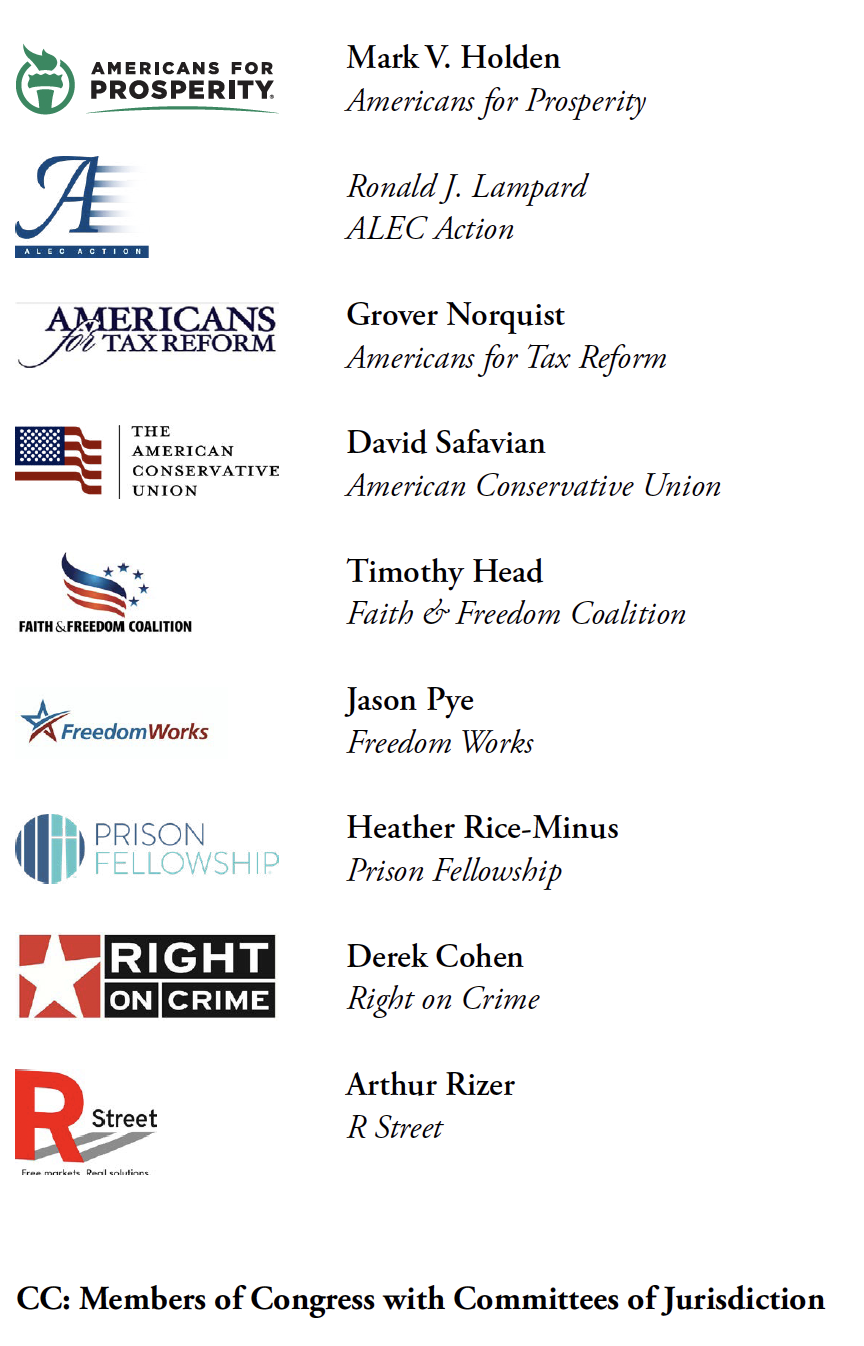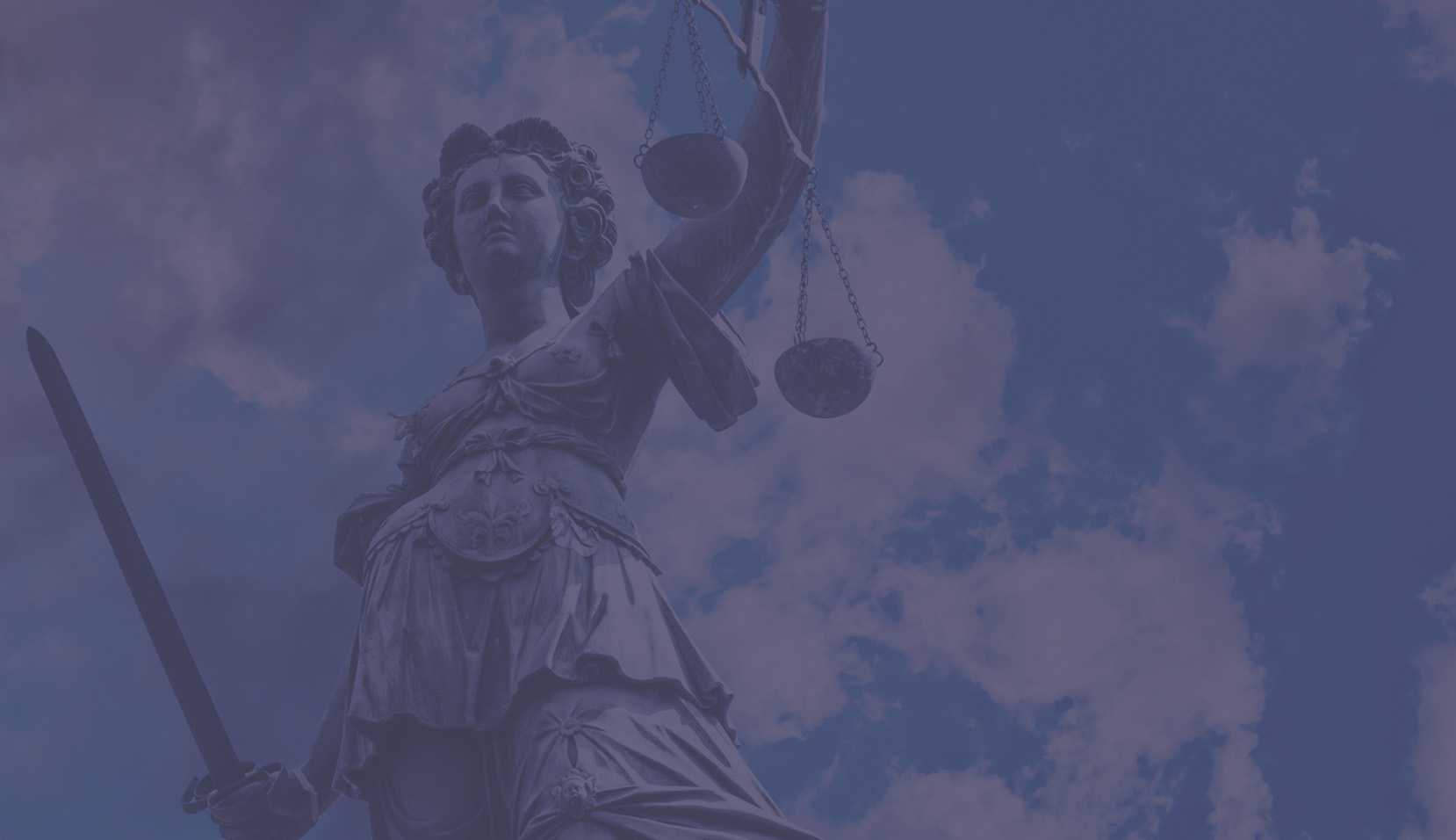April 20th, 2020
The Honorable Steven Mnuchin
Secretary of Treasury
1500 Pennsylvania Avenue, N.W.
Washington, D.C. 20220
The Honorable Mitch McConnell
Majority Leader of the United States Senate
Washington D.C. 20515
The Honorable Jovita Carranza
US Small Business Administration
409 3rd St, S.W.
Washington D.C. 20416
The Honorable Nancy Pelosi
Speaker of the House
U.S. House of Representatives
Washington, D.C. 20510
Dear Secretary Mnuchin, Administrator Carranza, Leader McConnell and Speaker Pelosi:
The United States of America boasts more than 30.2 million small businesses that employ more than 47.5 percent of the private workforce. But as we embark on a second month of quarantine, America’s small businesses face unprecedented peril. Many have been forced to shutter their operations leaving them no choice but to lay off their workforce.
We are grateful for the work that has gone into the Paycheck Protection Program (“PPP”), which is serving as a lifeline for America’s entrepreneurs. Oversight, transparency, and safeguards must be put in place to ensure that every dollar directed to small business owners to make payroll is done so responsibly.
However, we are concerned that language incorporated into the Interim Final Rules governing how the PPP should operate creates a de facto exclusion for those entrepreneurs who have been justice-involved. These people have staked their own claim by creating businesses that deliver value, employ hundreds of thousands, and provide a pathway to re-entering society. By excluding people who have made mistakes unrelated to the SBA, and put their past behind them, we harm their businesses, employees and customers, while failing to recognize their successful rehabilitation. Specifically, Section III, 2(b), iii, of the Interim Final Rule excludes businesses if:
[a]n owner of 20 percent or more of the equity of the applicant is incarcerated, on probation, on parole; presently subject to an indictment, criminal information, arraignment, or other means by which formal criminal charges are brought in any jurisdiction; or has been convicted of a felony within the last five years…
Such a restriction was not included in the statute authorizing the PPP and it need not be part of the Interim Final Rule.
We understand that people currently serving a period of incarceration have no need for assistance from the PPP. Beyond that, however, the regulation is overbroad. Applicants with criminal backgrounds should be considered on their merits and given individual consideration rather than precluded categorically. The disqualifiers become even more problematic when they are applied to those whose compensation is reported on an IRS Form-1099 rather than as a stand-alone business.
Questions 5 & 6 of the application itself compounds the problem even further. First, it appears to disqualify any owner (not just the owner with the criminal record) from receiving these benefits. Second, and most importantly, it re-defines conviction to include a pretrial diversion, or deferred adjudication.
Justice-involved people make up a higher percentage of independent contractors and small business owners, precisely because of their backgrounds. In short, many turn to entrepreneurship because traditional avenues of employment are foreclosed to them.
Given that 1 in 3 Americans have some criminal record, the PPP’s Interim Final Rule will unduly affect a significant percentage of small business owners and entrepreneurs, not to mention their employees and their families. Rather than penalize them, the Administration should take a position consistent with President Trump’s work to improve prospects for re-entry for those who have made mistakes and seek to rejoin society as contributing members.
Justice-involved people who have overcome the odds and successfully started businesses should be recognized as successes. But at a minimum, they should not continue to be penalized for having a criminal history, particularly when that history bears no relation to their business operations. In short, they should not be excluded from the PPP.
We ask that the Administration tailor the Final Interim Rule to reflect common-sense. Unless the criminal record at issue is directly related to fraud of federal programs or past violations of SBA rules and regulations, it should not be relevant to qualifying for assistance under the PPP. Abandonment of these small businesses – and their employees – in a time of national economic crisis is not an acceptable outcome for our entrepreneurs, their workers, or the economy as a whole.
Eighteen months ago, President Trump signed the FIRST STEP Act to provide for second chances and a pathway to economic success for those who have made mistakes and we hope that the Small Business Administration will take this into account.
Respectfully,

